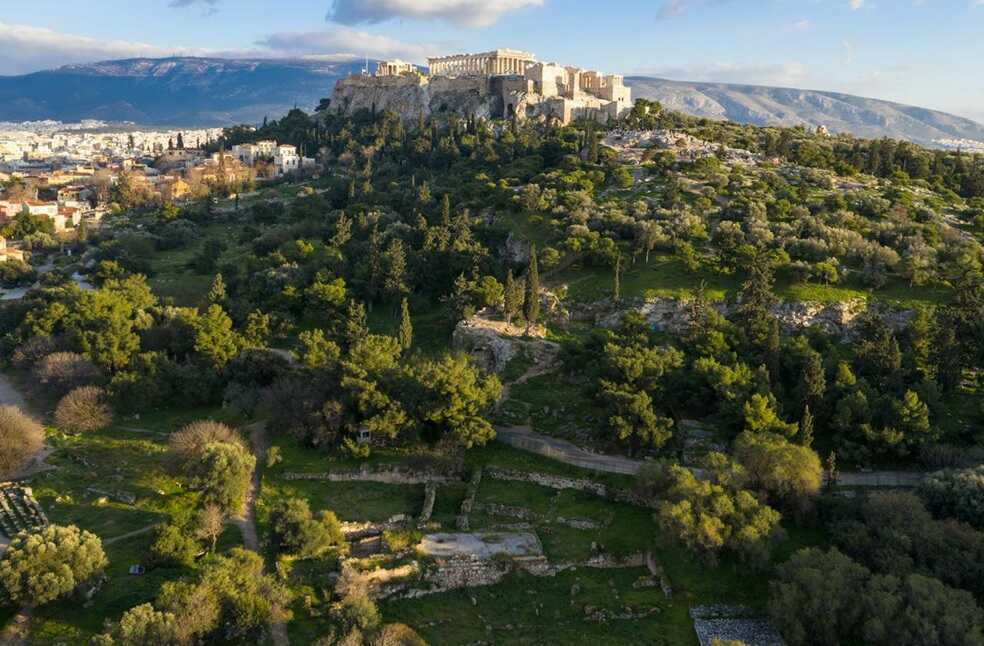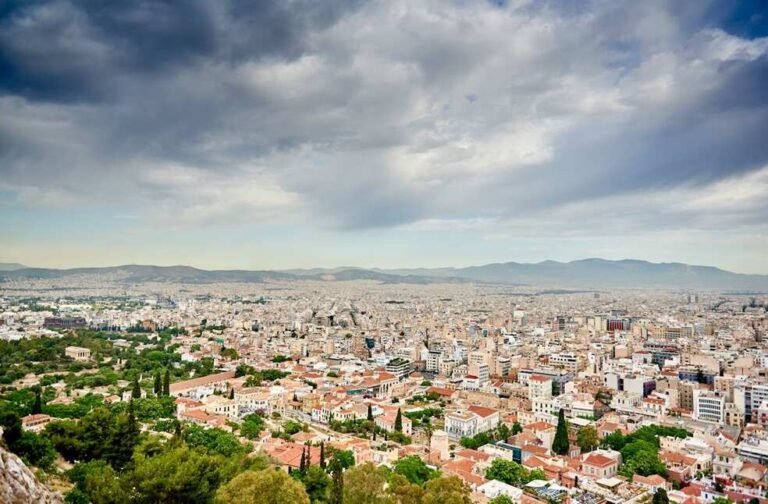Greece: Greece has closed the ancient Acropolis to tourists, shut schools, and deployed medics across Athens due to the first heatwave of the summer.
In certain regions of the Mediterranean nation, temperatures were predicted to reach 43 degrees Celsius (109.4 degrees Fahrenheit) on Wednesday and Thursday due to southerly winds that carry hot air and dust from North Africa.
One of the most well-known archaeological monuments in the world, the Acropolis hill, contains the Parthenon temple. On Wednesday, it was closed from midday to 5 p.m. (09:00–14:00 GMT), during which time Red Cross workers gave tourists water bottles.

The country’s elementary schools and nurseries have all been instructed to close for two days. Greece is among the nations in Europe most impacted by the climate emergency.
Rising temperatures fueled fatal wildfires last year, and unpredictable rains resulted in some of the worst flooding ever recorded, harming livelihoods and crops alike.
A large portion of southern Europe, including Portugal, France, Spain, and Italy, experienced similar conditions the previous year, when fires claimed the lives of scores of people. This year, fires in Greece have started earlier than anticipated; one started in March.

In anticipation of the week’s anticipated windy finish, which increases the possibility of flames spreading, police and firefighters were scouting woodlands from the air and on land on Wednesday.
Greece has increased staffing and training in the wake of the devastating wildfires that occurred last year, particularly on the island of Rhodes, which led to the largest evacuation during a period of peace.
According to officials, Athens was coordinating the public health response with the assistance of drones equipped with thermal cameras.



